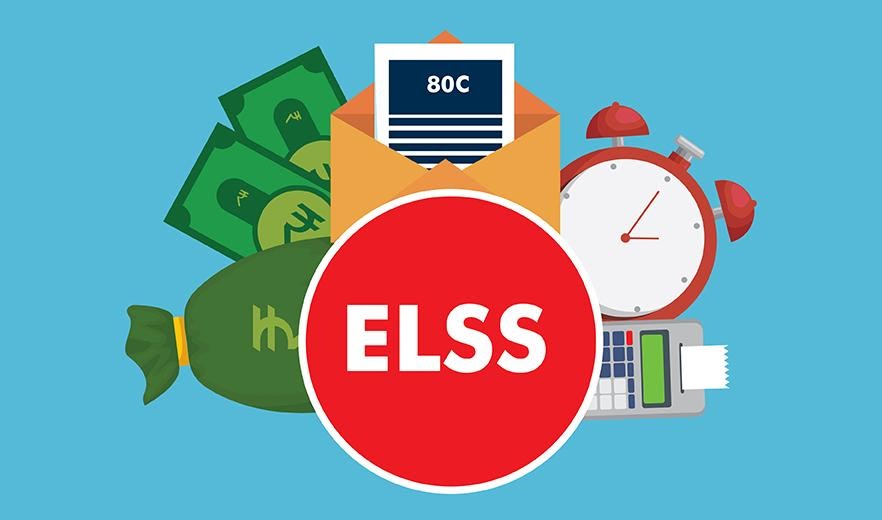
ELSS is one of the best tax-saving options for young investors because it’s transparent, low cost and easy to invest in.
As an investor we know that knowledge is power. We empower our members with the right knowledge to make better decisions on personal finance.
In this post, you will learn about the tax benefits of ELSS and some tips on how to take advantage of these investment vehicles.
Taxation Stage #1: On making the investment:
There is no limit to how much money you can invest in ELSS schemes. The maximum tax benefit under Section 80C of the Income Tax Act for these investments, however, is capped at INR 1,50,000
Taxation Stage #2: On receipt of dividend:
You will only be eligible for the dividend payout mode at this stage IF you have selected it upon investing.
Earlier, before they paid out the dividend to you, the mutual fund company had to pay “dividend distribution tax” to the government on the “gross” amount. Hence, the net dividend in your hands was tax-free
However, after the new Finance Act of 2020, the income from dividends is not tax-free for higher-income earners. For example, if you make more than INR 5,000 in dividend income per year, it will have a 7.5% tax deducted at source.
Stocks are typically investments with high-growth potential. Well, ELSSs are one more way for you to invest your money for wealth creation. The annual dividend payout makes them a less-than-substantial idea though. Our recommendation: don’t go for it!
And that’s why investors should choose to invest their money in growth mode when they can. If you already have ELSS investments running on the dividend mode, it’s possible for you to change it to growth mode.
Taxation Stage #3: On withdrawing the money (redemption):
The money that you invest in the ELSS scheme is subject to a lock-in period of 3 years. So, you cannot withdraw that money at all, according to the laws.
Once you’re out of the lock-in period, it may take some time before any tax liability starts to arise. Until then, there’s no point worrying about your taxes overmuch.
By withdrawing money you earn with equity-related investments, such as mutual funds, you gain a part of the profit it generates. This is called a long-term capital gain. A long-term capital gain is exempt from taxes up to INR 1 lac.
If you’re new to investing, your investment portfolio won’t be very high in the beginning. This means that you won’t be taxed when you redeem an ELSS, since your returns will be low for a while. Even after your corpus grows in the future, you can withdraw from it so that the LTCG stays below INR 1 lac hence your tax impact will be NIL.
Here are a few tips to get the most out of ELSS tax provisions: If you understand them & know what you’re investing in is right for you, it’s definitely worth taking the first step toward getting started. However, we also have some more tips for you below to help you get the best return for your ELSS investment till the last rupee:
1. Check if ELSS are suitable for you before investing blindly. Consider your financial goals, risk tolerance, and asset allocation and then choose the plan that suits you best.
2. ELSS or Equity Linked Savings Scheme is a long-term investment even with a 3 year lock-in. Once you’ve stayed invested for a minimum of 5 years, the tax benefits are great. Spending a considerable amount of time investing will help you achieve long-term wealth and avoid risks associated with volatility. The longer you stay invested, the more you will compound your money.
3. Since your investment is locked in for 3 years, do sufficient research before committing to an investment.. To avoid getting stuck in a scheme with poor returns, consider investing in schemes from affluence, well-established mutual fund houses that have been around for sometime. You can invest without worrying about it again after the lock-in period
4. Even if the long-term capital gain or dividend is tax-free, don’t forget to disclose the same on your tax return. It needs to be included in the “exempt income” section.
Conclusion
ELSS investments are a great way to save on taxes. Capital gains are tax-free if the investment is redeemed and investing with ELSS is not only affordable but also easy especially for younger investors who want to save more money at tax time pre-retirement.
0 Comments